My father’s younger brother, my chacha, was a famous and feared professor of Physics at marquee institutions such as IIT-Kanpur and, later, BIT-Mesra. He was in real life a very affable and jovial man and an inimitable storyteller. He was an ardent advocate for universal education and in particular science education. To popularize science and physics, he wrote several popular science books and translated several classics from English to Hindi — which brought to life really complex physics concepts through stories and experiments.
Another one of his passionate causes was creating awareness of cultural and family heritage in the younger generation. He told us amazing stories of the mythological icons whenever he visited and left us hungry for more. He wanted the kids to address the seniors in the family (and the extended family) with the appropriate and specific honorific such as mausa ji, tau ji, chacha ji, etc, etc.
You know how large the families were in those days? Almost everyone who stayed in Old Rajinder Nagar, Delhi (where my humble home was), seemed like a relative. So remembering the exact relationship was more painful than remembering the entire periodic table (which people who have studied chemistry can vouch for :)) and us, the younger kids, often took the very useful Western shortcut of calling everyone uncle and aunty. Heck, even our school (Sardar Patel Vidyalaya) encouraged children (until class 2) to call the teachers uncle and aunty to increase warmth and intimacy between students and teachers. So, we had teachers like Neelam aunty for Mathematics and Shahne uncle (Meera Om would remember) for music and even the peon who dropped us nursery kids to the school bus was addressed as Ramlal uncle.
My chacha ji hated this “universal uncle and aunty” syndrome as he called it. It vexed him to no end. To him, it was like addressing family and strangers alike.
Once he visited us while returning to BIT from a lecture conference in Ankleshwar — a small city in Bharuch district, Gujrat. Post dinner all of us cousins huddled around him and jostled amongst ourselves to request him for a story. He begged to be let off as he was quite tired but we pestered him still.
“Quiet, quiet,” he said. “Do you know what Ankleshwar is famous for,” he asked.
“Yes! It’s one of the largest oil fields in India and a source of hydrocarbons!” I instantly vomited whatever I had learnt in social science in class 4.
He smiled mischievously and with a twinkle in his eye said, “No. I meant, do you know the mythological story behind Ankleshwar?”
We looked at each other, puzzled. We didn’t know any such story about Ankleshwar. We racked our brains but couldn’t come up with any. So, we pleaded with him to tell us the story.
He told the story of Bhakta Prahlada in response. Bhakta Prahlada was the son of Asura king Hiranyakashyapu. He was a bhakta of Narayana (thanks to Narada’s influence in his early childhood and even prior to his birth) and constantly prayed to him. He also opposed the acts of cruelty and indulgence from his father.
Hiranyakashapu had the boon from Brahma that no man or animal shall be able to kill him during the day or the during the night, inside the house or outside, in the air or on the ground with any weapon in battle. Therefore, the asura king considered himself pretty much immortal and invincible and wreaked havoc on devas and the denizens of earth. His only source of agony was Prahlada, his own son who was so devoted to his arch-enemy — Vishnu.
When all attempts to convert Prahlada failed, Hiranyakashyapu tried to kill him in several ways. He threw his son in boiling hot oil to make an example but the Lord made the oil cool down instantly. He tried poisoning the prince but the poison turned to nectar with the grace of the Lord. The demon king suspected sabotage in both the failures. Then in frustration, he called in his sister Holika, who had a fireproof cloak. She sat in the fire holding Prahlad so that there can be no chance of duplicity or sabotage and Prahlad gets incinerated and she comes out safe and unharmed. However, with Sri Hari’s Leela it is Holika that gets the brunt and Prahlad comes out without a single mark. Then Sri Hari takes the Narsimhavatar and kills Hiranyakshyap in the twilight hours taking the form of a ferocious half lion half man and holding the asura king on his thigh he used his nails to tear apart the asura – a method – satisfying all the exhaustive conditions of the boon.
Then Bhagwan appeared before Prahlada and asked him for a boon. Until here we knew the story so we were eagerly waiting for the twist in the story and its link to Ankleshwar.
So, in my chachaji’s “original” version, Bhakta Prahlada said – “Prabhu, I have prayed to you alone since birth and you have been my only guardian in all trials and tribulations. Now that you have killed my biological father, please by my father.”
Bhagwan smiled and –“ No my child. There can only be one father in one’s life. I cannot be your father. Please ask for something else .”
Prahlada kept pleading for the same, however. Finally, Bhagwan relented and said – I cannot be your father but I want to grant you the boon so I can be any other relative you ask me to be .”
Prahlada jumped with joy but now he was massively confused. Which relative should Bhagwan be? Who was the closest relative after your father? This was a really tricky question. Since he couldn’t decide whether to make Sri Hari his chacha , tau , mausa or fufa – he finally had the eureka moment when he saw the “future version” (kaliyug version) of all these and in that instant, he prayed for Prabhu to his uncle.
And the place where Prabhu granted the boon to Prahlada to be his uncle is since known as “uncleshwar”. (Uncle Ishwar – God is your uncle) as God became an uncle to his Bhakta. We were rolling on the ground with laughter (much before the short form ROFL was invented :)) with this “original” version which my chacha ji had created punning on the phonetic of the word Ankleshwar
My chacha definitely had a flair for making stories memorable and distinctive
As I was passing through Ankleshwar yesterday, this story and the nostalgia came flooding in and I couldn’t help sharing it with you, pariwaar . Will be back soon with Narada tales.

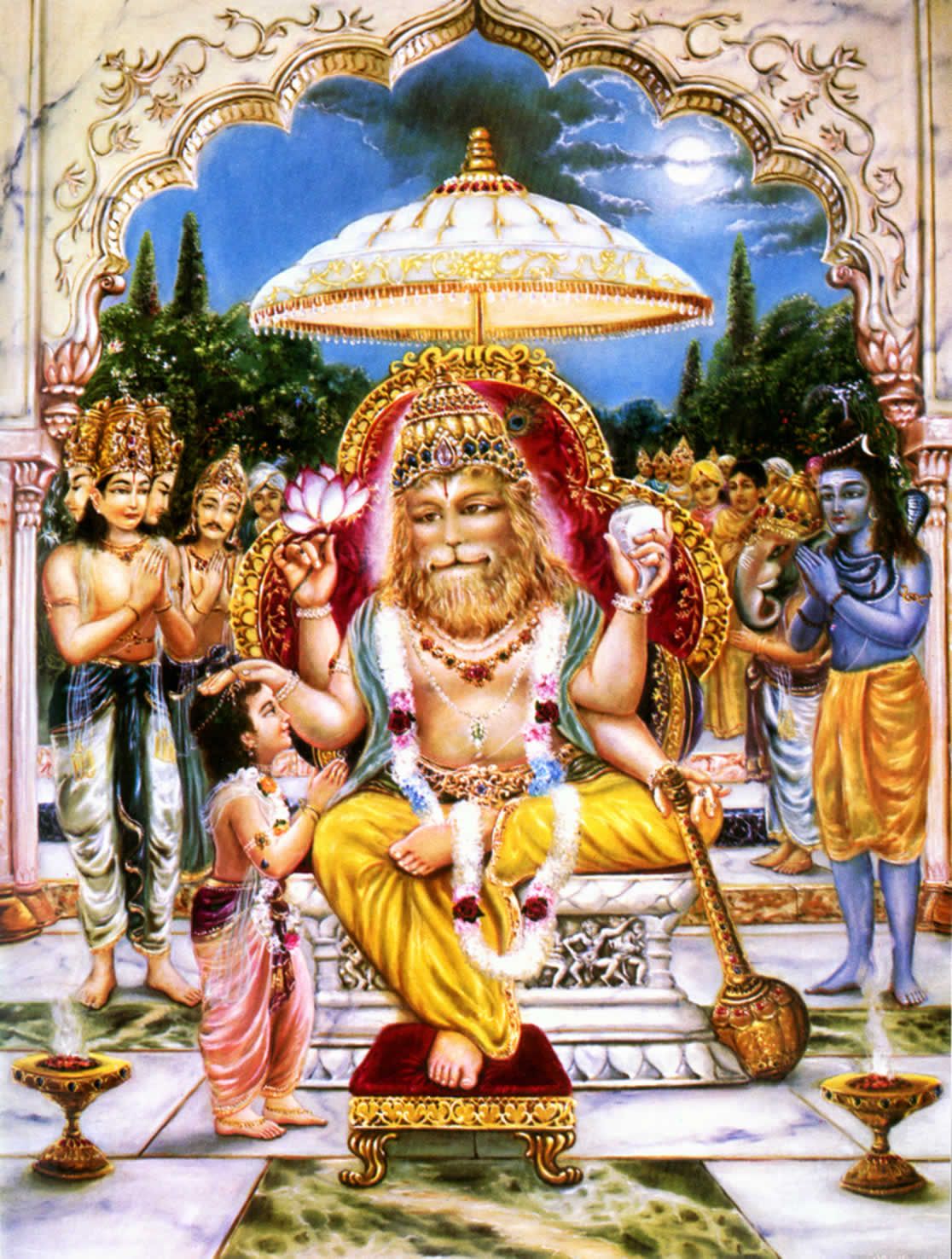
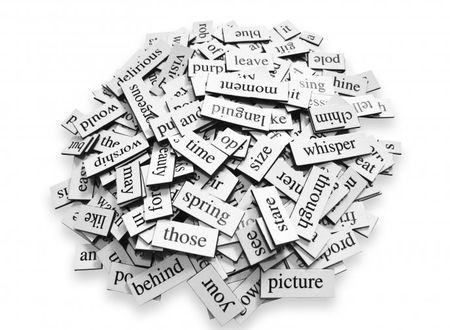
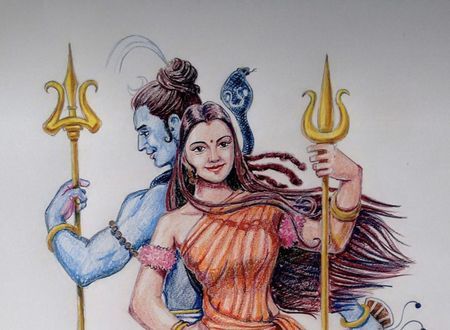
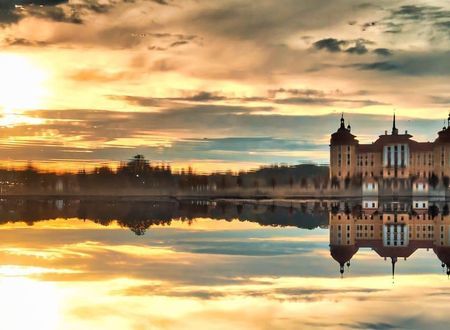
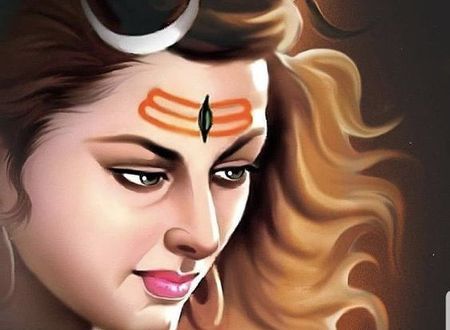
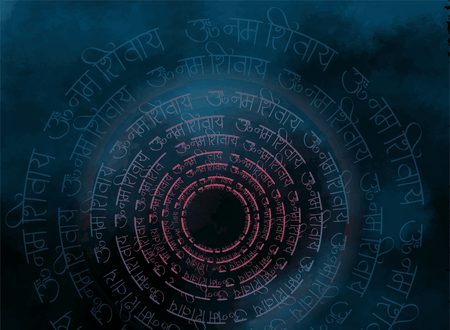


Comments & Discussion
52 COMMENTS
Please login to read members' comments and participate in the discussion.